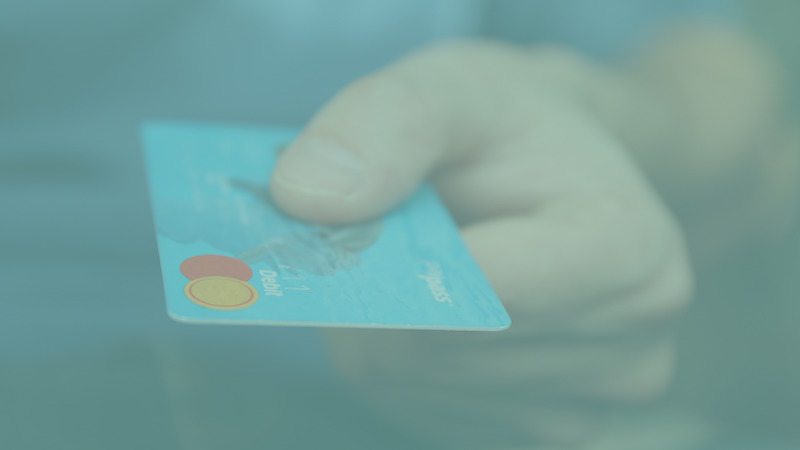Name Pricing
Episode #8 of the course Price psychology by Andy Luttrell
You might remember that a few days ago, I wrote about “birthday pricing.” It’s when people are more likely to buy something if their birthday is in the price. If you were born on April 16th, you’re more drawn to something that costs $11.16 compared to something that costs $11.28 or $11.05.
But that’s not the end of “ego-centric pricing.” No no. People are way too self-involved for it to end there. What’s more special to people than their birthday? Their names.
In a book that won him many friends and influenced many people (“How to Win Friends and Influence People”), Dale Carnegie wrote, “A person’s name is to that person, the sweetest, most important sound in any language.” His tip for success was to use people’s names instead of calling them “You there!” “Dude,” or as my 1st grade art teacher inexplicably defaulted to, “Clyde.”
There’s good sense in personalizing things with someone’s name. In psychology, there’s an idea called the name letter effect. This just means that we like the letters in our own name.
Trust me—this is related to price psychology. Would you believe that someone named Sarah would be more drawn to a $67 product than someone named Michelle would? Well, because of the name letter effect, since “Sarah” starts with S—as do “sixty” and “seven”—then Sarah has a subtle affinity for a $67 price tag that Michelle doesn’t.
In a series of studies, researchers tested this effect by creating prices tailored to people’s names. In one of those studies, they selected two groups of people from the phone book: people whose last names began with “T” and people whose last names began with “E” (of course, these people didn’t realize that they’d been selected on the basis of their names). Everyone heard a short radio ad for a bicycle, and the bike was priced at either $622 or $688. The price everyone heard was chosen at random.
When you look at whether the T-namers thought they’d buy the bike, not surprisingly, they showed more interest in buying it when it was $622 than when it was $688. After all, it’s cheaper! But could it be that part of this difference was because “six twenty-two” includes the “T” sound in their own names?
The real test is with the E-name people. For name pricing to be a reality, they’d have to be drawn to the higher price because “six eighty-eight” includes the “E” in their names. That’s actually what the study found. The E-namers who were told that the bike was $688 thought they were more likely to buy this bike compared to the E-namers who were told that it was $622.
Amazingly, people are more willing to spend their money when the price includes hints of their own names.
For more on the name letter effect, check out “Name Letter Effect: Why I Might Like the Letter ‘A’ More Than You Do.”
Recommended book
“Thinking, Fast and Slow” by Daniel Kahneman
Share with friends

